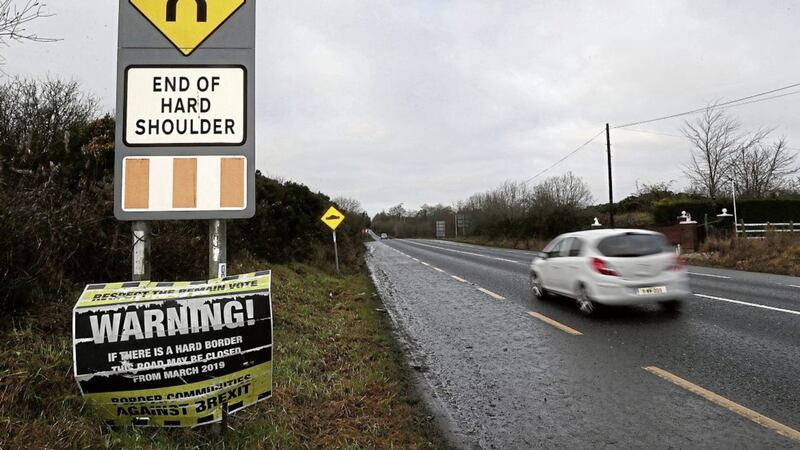THE UK would be "deeply damaged" by a no-deal Brexit, a parliamentary report has said.
Withdrawing without an agreement in place would not only impact on the economy, but also hit areas like aviation, counter terrorism and nuclear safeguards, the Lords EU Committee found.
The report says that it is "difficult, if not impossible, to envisage a worse outcome for the UK" than a no-deal scenario.
The impact on trade in goods would be "grave", UK ports would be "overwhelmed" by the need for customs checks, and controls would have to be imposed on Ireland's border, the study said.
The report is deeply sceptical about exit negotiations concluding by the set departure date of March 2019, saying: "The overwhelming weight of evidence suggests that this will be impossible."
Peers also insisted that a government attempt to enshrine the March 2019 date into domestic law would "not be in the national interest".
The Lords' report suggested negotiations could last several years, and that a "standstill" transition period may be needed to buy time for bargaining to continue beyond March 2019.
Peers said the government should look at extending UK membership of the EU for a limited period, or setting a formal withdrawal date later than March 2019, in order to ensure there was a secure legal basis for a transition period.
The report urged the government to abandon its "nothing is agreed until everything is agreed" stance on negotiations because Peers warn this could lead to a last-minute failure to ratify a deal, resulting in a "chaotic Brexit".
The report also expressed concern about the possibility of a "bare bones" deal which covered some basic areas only, saying such a move would be "very bad".
Acting committee chairman Lord Jay of Ewelme said: "The overwhelming weight of evidence suggests that 'no deal' would be the worst possible outcome for the UK, in terms of the economy, security, the environment and citizens' rights.
"The biggest risk factor that might lead to a no-deal outcome is time – the clock is ticking.
"While we support David Davis' ambition to secure a comprehensive agreement by 29 March 2019, almost nobody outside the government thinks this will be possible.
"The negotiations may need to continue beyond that point, and enshrining the deadline in domestic law would not be in the national interest.
"Both sides agree that we will need a transition period, to give confidence to businesses and potentially to buy time to complete the negotiations.
"But the government hasn't yet explained how transition will work, or what its basis will be in EU law.
"The evidence is clear that in legal terms the most secure way to buy time is to use one of the options that exist within Article 50 for a time-limited extension of the UK's EU membership.
"If buying a bit more time means that we get a better outcome, which benefits businesses and citizens on both sides, a short extension of EU membership may be a price worth paying.
"This is not about unpicking Brexit, but about delivering the best Brexit possible."
The EU would also face negative consequences from a no-deal outcome as trade, financial services, and security cooperation would be hit, the report said.








